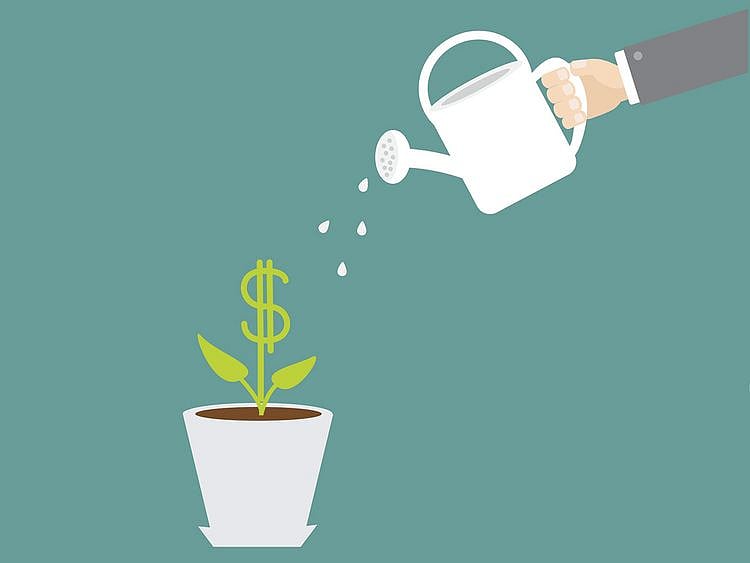UAE is putting in building blocks towards its food security program
UAE has charted an ambitious plan of action to make these intensely vital projects click

Once recognised as an emerging theme, ‘food security’ has become a central one, globally. The global food crisis has worsened following a rise in food trade restrictions driven by countries’ ambitions to increase local supply and reduce prices.
With more than 200 million people worldwide at risk of facing acute food insecurity, the World Bank, along with Group of Seven (G7) nations, have ramped up commitments to finance projects. Based on a framework of four key themes, the projects set out to boost food and nutrition security and strengthen food systems, in addition to reducing risks surrounding them.
Zero hunger
Whilst the Bank’s commitments through the past year exceeded $12 billion, pressures surrounding global trade routes and rampant inflation - alongside worsening climate change - have begged the questions: are these efforts sustainable. And are there alternatives?
In the UAE, the National Food Security Strategy 2051 is making strides with the nation targeting ‘zero hunger’, aiming to implement resilient agricultural practices that are efficient and sustainable. In fact, the Emirates has ranked first in the MENA region on the Global Food Security Index (GFSI) 2022, with aspirations to top the list globally by 2051.
Sustainability, an emerging theme and in the Emirates, is a key element of the national agenda. As the nation embarks on its journey to be a regional hub for food production, food trade and agritech and food science technology, it is vital that sustainability and ESG, in its broader context, be a key consideration in benchmarking for efficiency and quality.
Making investments count
The UAE has accelerated the recovery of its food trade post pandemic quite rapidly, achieving a growth of more than 20 per cent from the previous year. However, whilst the many food and agricultural trade agreements signed by the nation will play an instrumental role in achieving its goals, it is expected that the overarching theme that will carry the nation - and subsequently the world - towards food security are the advancements in agritech and foodtech.
In 2021, the UAE secured $50 billion, or 1.1 percent of the global capital invested in agritech, with 66 per cent of investments came from UAE-based investors. Therefore, the nation, alongside its more than 60 agritech companies and their integration of sustainability into their businesses, is capable of creating real impact.
With the world increasing its commitment towards sustainability, coupled with agritech growth, a heralded solution to building a long-term sustainable and resilient food and agricultural system is alternative proteins. The benefits of alternative proteins can assist nations in achieving sustainability targets, including carbon emissions and mitigating concerns over ethics and environmental consequences of intensive animal feeding, whilst also providing a significant boost to nutrition and local production.
Alt-proteins
In fact, the global alternative protein market reached $60 billion in 2021 with forecasts pointing towards a staggering 18.5 percent compound annual growth rate between 2022-28 to reach close to $200 billion by 2028. Whilst demand is driven by various factors, including the rising significance of protein rich diets and healthy products, its success remains dependent on global legislation and industry practices.
As the UAE drives further change by supporting its 10 plus ag-tech accelerators, it is the role of well-established industry leaders locally to support the successful growth of upcoming firms on their journey of developing quality food products. And raise the necessary awareness amongst consumers in the combined efforts to addressing food scarcity.
Network Links
GN StoreDownload our app
© Al Nisr Publishing LLC 2026. All rights reserved.